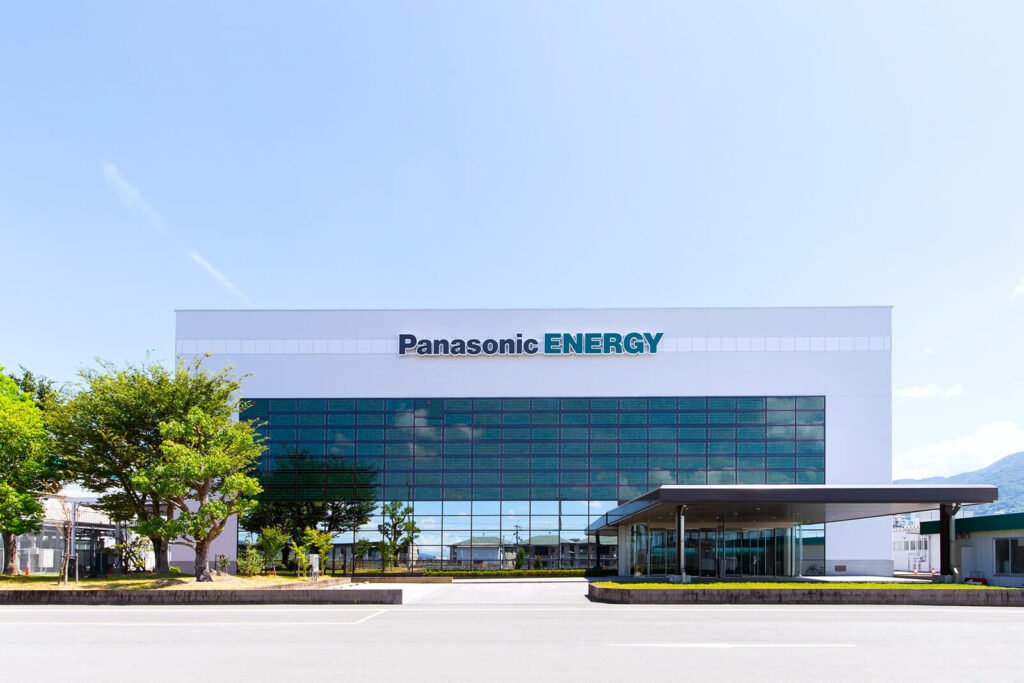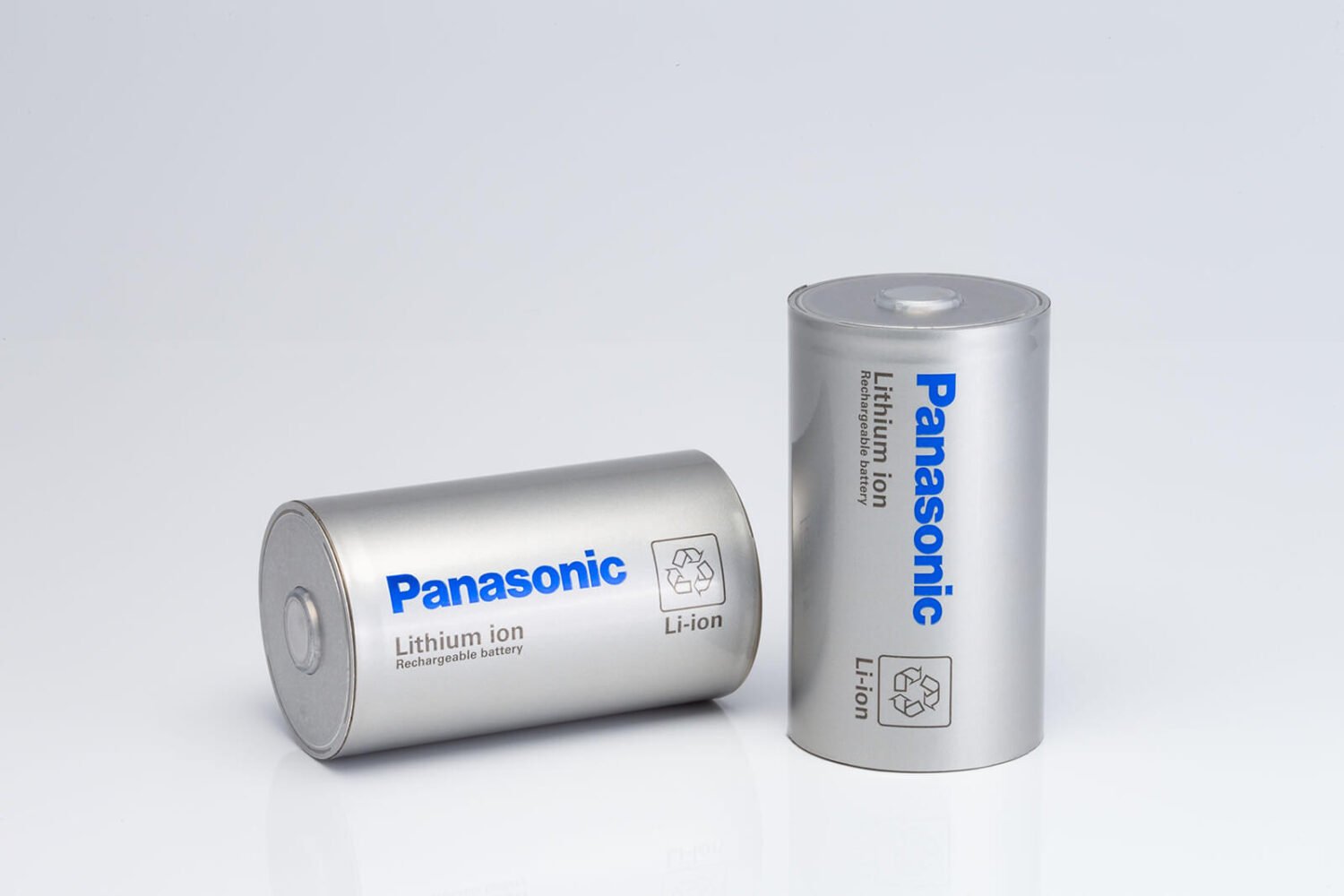Panasonic Energy Co., Ltd. (Panasonic Energy), part of the Panasonic Group, has completed preparations for mass production of the 4680 cylindrical lithium-ion batteries for electric vehicles (EVs), a key advancement in battery technology. The company has also updated its Wakayama factory in Western Japan, which will serve as the main hub for the new cells’ production. To celebrate this achievement, an opening ceremony took place on September 9, 2024. Full-scale production is set to commence following the final evaluation phase.
The 4680 battery represents a significant improvement over its predecessor, the 2170 cell. With five times the capacity of the 2170, the 4680 battery promises to extend the driving range of EVs while requiring fewer cells for the same overall battery capacity. This innovation simplifies the battery assembly process, which could help reduce EV production costs, making them more affordable for a broader market.
Given the larger capacity per cell, manufacturing the 4680 requires more advanced technology. Panasonic Energy, with over 30 years of experience in cylindrical lithium-ion battery production, has developed a method for the mass production of these high-performance cells, establishing a new standard in the industry.

The Wakayama factory, which has been a key site for lithium-ion battery components, has undergone extensive upgrades to take on its new role. It will act as a demonstration facility for new products and manufacturing techniques, with plans to replicate these innovations globally across other factories. By March 2025, approximately 400 employees are expected to be involved in the production and development of next-generation batteries at the site.
In line with its commitment to sustainable production, Panasonic Energy aims to minimize CO2 emissions at the Wakayama factory by utilizing renewable energy sources such as solar and onshore wind power. This eco-friendly initiative has already been implemented at other Panasonic Energy facilities in Japan, including the Moriguchi base and Kaizuka factory. As of September 2024, the company has achieved carbon neutrality across all nine of its domestic sites and is targeting carbon neutrality at all 20 of its global bases by March 2029.
Kazuo Tadanobu, President and Executive Officer of Panasonic Energy, expressed his excitement about the upcoming mass production of the 4680 cell. He emphasized that this breakthrough reflects the company’s years of expertise and will significantly impact both the battery and EV industries. As the 4680 cell joins Panasonic Energy’s product lineup, the company is poised to meet a wider range of customer needs, further driving the adoption of EVs and contributing to a more sustainable future.
SOURCE: Panasonic







Leave a Reply